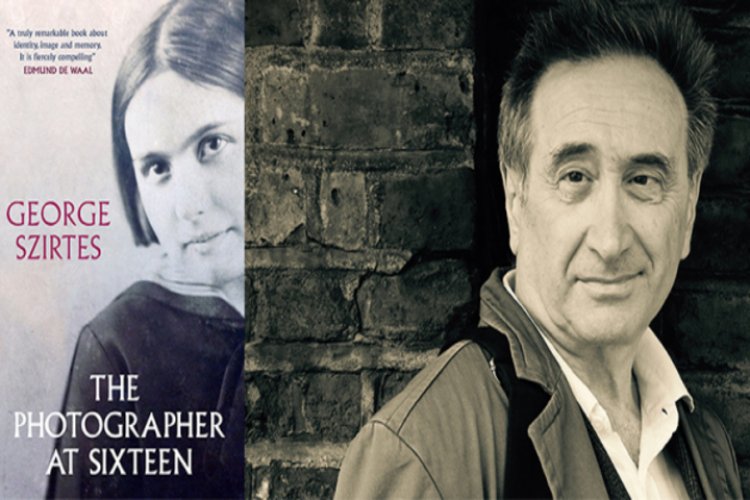The Photographer at Sixteen

A poet's memoir of his mother that flows backwards through time, through a tumultuous period of European history - a tender and yet unsparing autobiographical journey.
George Szirtes is a Hungarian born poet, and his poetic nuance, compassion and obsessive detail permeate this intriguing book. Szirtes is trying to make sense of his late mother, a troubled woman who, after several unsuccessful attempts, ended her own life. He draws on his own observations and memories, his father’s recollections, letters and family photographs, to unpeel his mother’s life - in reverse chronological order: from the 1970s when she died, back to her early childhood. There are some solid historical facts along the way, but what is striking is how Szirtes plays with accounts and interpretations that, he stresses, have to be provisional. Memories become blurred and have to be reinvented and reconstructed. What he seeks, it seems, are emotional truths that help him understand this person who was so central but problematic in his life.
The book is divided into two sections. The first covers the period of his upbringing in the UK, a country where his parents took refuge in the 1950s and remained. The second takes us into the grim world of Nazi Hungary where orchestrated anti-Semitism rips apart families and communities and obliterates many of his mother’s family. Her own survival through Ravensbruck and Penig concentration camps is something of a miracle, but a miracle laced with poison. Feelings of rejection, surmises Szirtes, haunt her throughout her life: “Worse still, some of the nearest neighbours, Hungarian neighbours, didn’t seem to care. They hadn’t objected to the removal of the Jews and didn’t want to speak to her. This rejection, one of many, was to colour her view of Hungarians for the rest of her life.”
This book is not intended as political treatise, but it certainly resonates with the current rise of right-wing extremism and religious intolerance. We get a reminder of the fragility of social order and the consequences of virulent hatred. As a personal journey, Szirtes remains kind of semi-detached throughout, as if he can’t get too close for fear of being overwhelmed. Some of his musings and literary excursions were, for me, a tad indulgent, but that did not mar my appreciation of this cogent and sensitively written book.






















